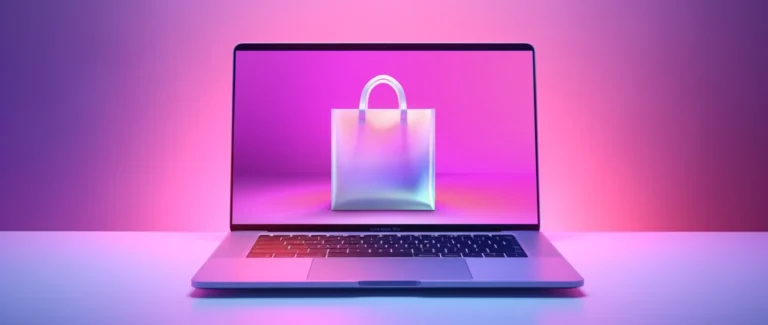15 Epic Google Flops That Prove Even Tech Giants Fail
When it comes to technology, Google is often associated with innovation, dominance, and success (think Android and Chrome). However, even the biggest companies stumble. While Google’s achievements are legendary, its failures can be just as intriguing—and sometimes downright amusing.
Join us as we explore 15 of Google’s most memorable missteps, proving that even tech giants aren’t immune to bad ideas, poor timing, and sheer bad luck.
—
1. Google Glass (2013-2015)
Google Glass was marketed as the future of wearable technology—a sleek, augmented reality headset that made you feel like Tony Stark. In reality, it was an expensive ($1,500) and awkward device that raised serious privacy concerns (thanks to its built-in camera) and lacked practical applications. The term “Glassholes” emerged to describe its few users, and the product was eventually repurposed for niche enterprise applications.
—
2. Google Wave (2009-2010)
Google Wave aimed to revolutionize communication by combining email, instant messaging, and document collaboration. Unfortunately, it was so complicated that even Google employees struggled to explain it. Users were confused, adoption was low, and the project was scrapped within a year. This failure proved that sometimes, simplicity is key.
—
3. Google+ (2011-2019)
Google+ was Google’s attempt to challenge Facebook, but it never gained traction. The platform suffered from a confusing design, forced integration with YouTube, and a lack of user engagement. By the time it shut down in 2019, it had become a punchline in discussions about failed social networks.
—
4. Google Buzz (2010-2011)
Before Google+, there was Google Buzz—a social networking feature awkwardly attached to Gmail. It automatically shared users’ email contacts, sparking major privacy concerns. The backlash was swift, and Buzz was discontinued just a year after launch. It served as a warning of Google’s future struggles in social media.
—
5. Google Nexus Q (2012)
The Nexus Q was a futuristic-looking media streamer that cost $299 but could only play content from Google Play. With cheaper and more versatile competitors like Roku and Apple TV dominating the market, the Nexus Q never stood a chance. Google quietly shelved it before most people even knew it existed.
—
6. Google Notebook (2006-2012)
Google Notebook was an early attempt at a note-taking app, but it never gained widespread popularity. The interface was clunky, and competitors like Evernote were already more advanced. Google shut it down in 2012, later introducing Google Keep as a more refined alternative.
—
7. Google Answers (2002-2006)
Before Wikipedia became the go-to source for knowledge, Google Answers allowed users to pay researchers for answers to their questions. However, Yahoo! Answers (which was free, albeit often inaccurate) proved to be more popular. Google Answers couldn’t compete and was quietly discontinued.
—
8. Google Video (2005-2009)
Before acquiring YouTube, Google launched its own video-sharing platform, Google Video. Unfortunately, YouTube was already dominating the space. Realizing its mistake, Google purchased YouTube in 2006, making Google Video obsolete. At least they knew when to pivot.
—
9. Google Health (2008-2012, 2021 reboot)
Google Health aimed to centralize users’ medical records online. However, people were hesitant to entrust their sensitive health data to a tech company, leading to minimal adoption. Google shut it down in 2012 and attempted a reboot in 2021—only for it to fail again. Some ideas just don’t stick.
—
10. Project Ara (2013-2016)
The concept of a modular smartphone, where users could swap out hardware components like LEGO bricks, was exciting. However, technical challenges, lack of manufacturer support, and low consumer interest led to its cancellation before it even launched. It was a great idea—just not practical.
—
11. Google Spaces (2016)
Google Spaces was a group chat app designed for sharing links, videos, and discussions. Unfortunately, it failed to stand out in a market dominated by Slack and other messaging platforms. With minimal adoption, Google shut it down within a year.
—
12. Google Allo (2016-2018)
Google frequently experiments with messaging apps, and Allo was another short-lived attempt. Despite AI-powered features, it failed to differentiate itself from competitors like WhatsApp and Facebook Messenger. Google abandoned it in 2018, adding it to the long list of failed Google chat apps.
—





